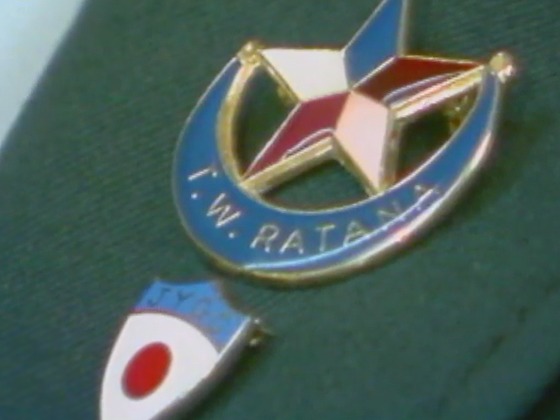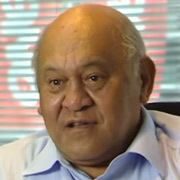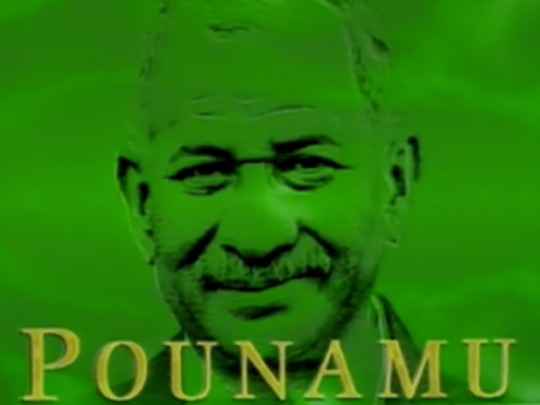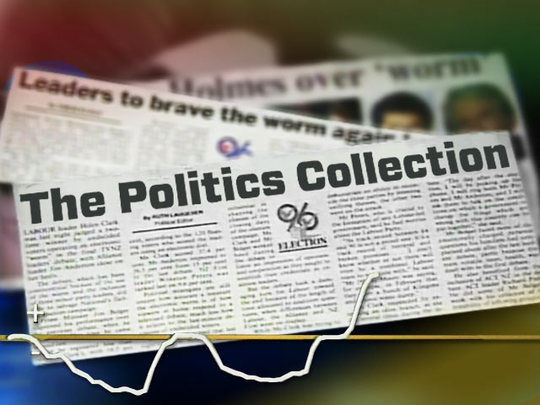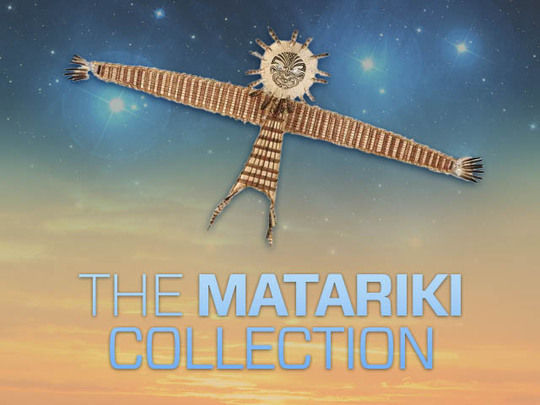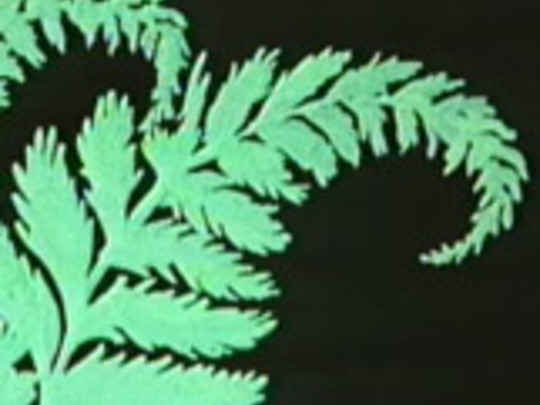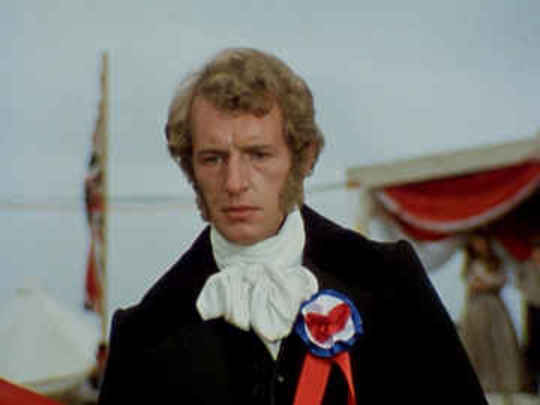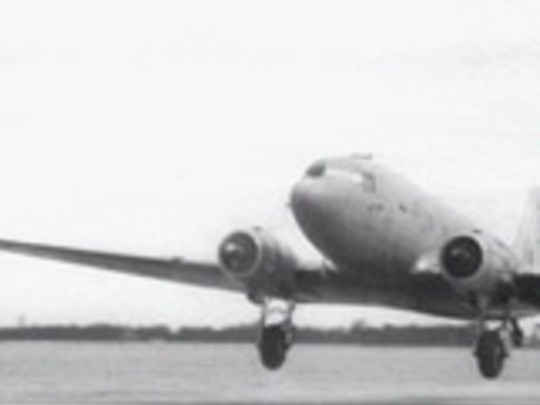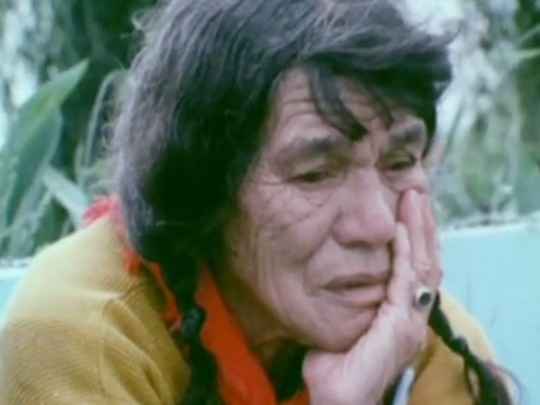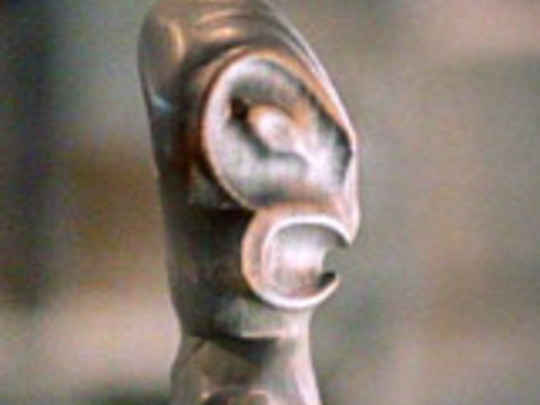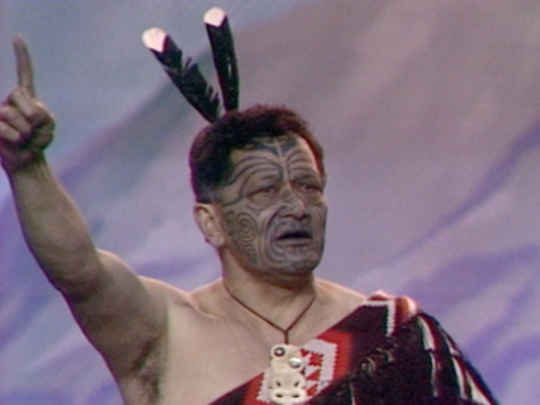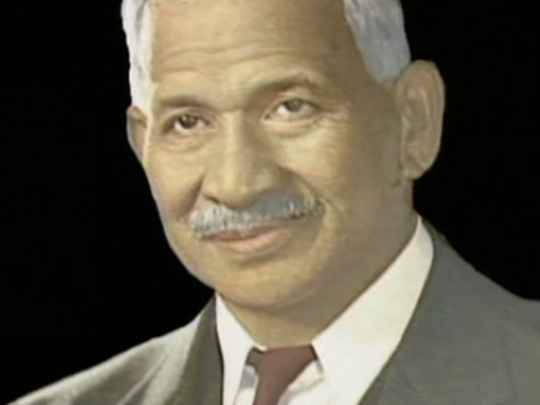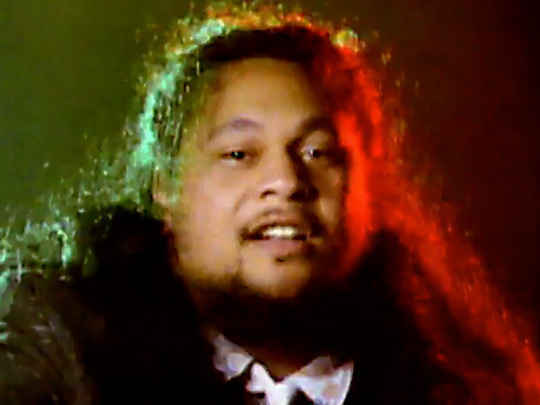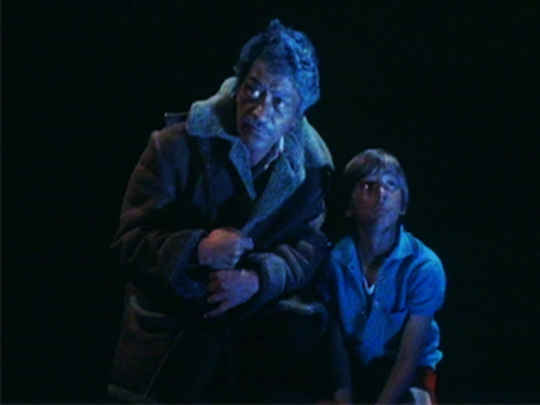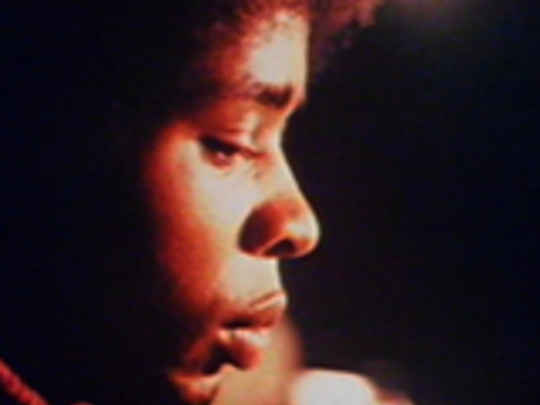Pounamu - Tahupōtiki Wiremu Rātana
Television (Full Length) – 1990
A Perspective
The Pounamu series was produced and broadcast in 1992 by the Māori Programmes Department of TVNZ, using some people from the Marae and Waka Huia teams who worked with non staff members to tell stories of iconic Māori figures. Here they re-enact parts of the life of Tahupotiki Wiremu Ratana, a man who became a key influence in New Zealand's Māori politics, and consequently the wider political spectrum in this country.
The wider series looked at Māori people who had played an important role in the history of Aotearoa-New Zealand, and whose influence is still very much a part of the fabric of many peoples' lives today. These include Te Puea Herangi of the Waikato, who worked tirelessly for better conditions for her people; Te Kooti Rikirangi, resistance fighter and founder of the Ringatu Faith; and Guide Rangi, who became a figurehead for the tourist industry around Rotorua and more specifically for the geysers of Whakarewarewa.
The series of eight programmes also looked at the lives of Kawiti, a master general of the north; and the prophets Te Whiti and Tohu, who maintained peaceful protest against the military of the Pākehā at Parihaka. An episode explores the life of Sir Apirana Ngata, who, as a politician for 37 years, worked tirelessly for the preservation of Māori language, formation of the 28 Maori Battalion, land consolidation, education and health, and many more issues deemed important enough to keep Māori, and their land and cultural concepts together.
I have chosen Tahupotiki Wiremu Ratana to be representative of the series as he still draws politicians of all persuasions to the Manuao or meeting place at Ratana Pa in January each year to mark the anniversary of his birthday, where the faith, the land and issues of the future are discussed.
In 1918 Ratana, then a farmer, was said to have seen a vision in a cloud which showed all roads leading to him and foretold his followers would be a "garden of flowers". The visitation inspired Ratana on a spiritual and political path of action, symbolised by a star and crescent moon. He was a faith healer and he had relationships to prophets and other healers through whanau or iwi connections. He quickly drew tens of thousands of followers, and took a petition to London asking for recognition of the Treaty of Waitangi and ensuing injustice.
His birth and his rise to leadership had been prophesied many years before and some of the stories recorded about this man are covered in this programme, like the testing by the Holy Ghost and his work as a healer (the success of which is attested to by the walking sticks, crutches and other aids left abandoned by people who sought his help, collected together in the only carved building at Ratana Pa).
Ratana had the support of all Māori members of Parliament for many years, with virtually all Māori MPs being fully fledged members of his faith.
The political alignment with the Labour party went back to the time of the 1929 elections. Ratana failed to get members elected but was successful in the next election when Eruera Tirikatene was elected the first independent Māori member of parliament (for the Southern Maori electorate), with instructions to support Labour.
At an historic meeting in 1936 Ratana presented Michael Joseph Savage, the Labour leader and Prime Minister, with gifts (three huia feathers in a waka of potato, a pounamu tiki, a watch and a Ratana badge) symbolising the partnership between Ratana and Labour. By 1943 all four Labour seats were held by the Ratana/Labour alliance. The political influence of the Ratana constituency remains deep.
Though the tie to the Ratana Church is not as strong today, each year sees all major political parties attending the hui at Ratana Pa. As Labour MP Peter Tapsell says in the documentary: "Ratana has been a movement more than a simple religion. It has brought people together across tribal boundaries ... they've managed to maintain an ability to stand on their own feet and to stick by their ideals ... and that has given them a strength, and I think a growing strength."
The Pounamu series is an iconic one because of the mana of the subjects and because we need to be reminded occasionally of the important things that happened long ago.
